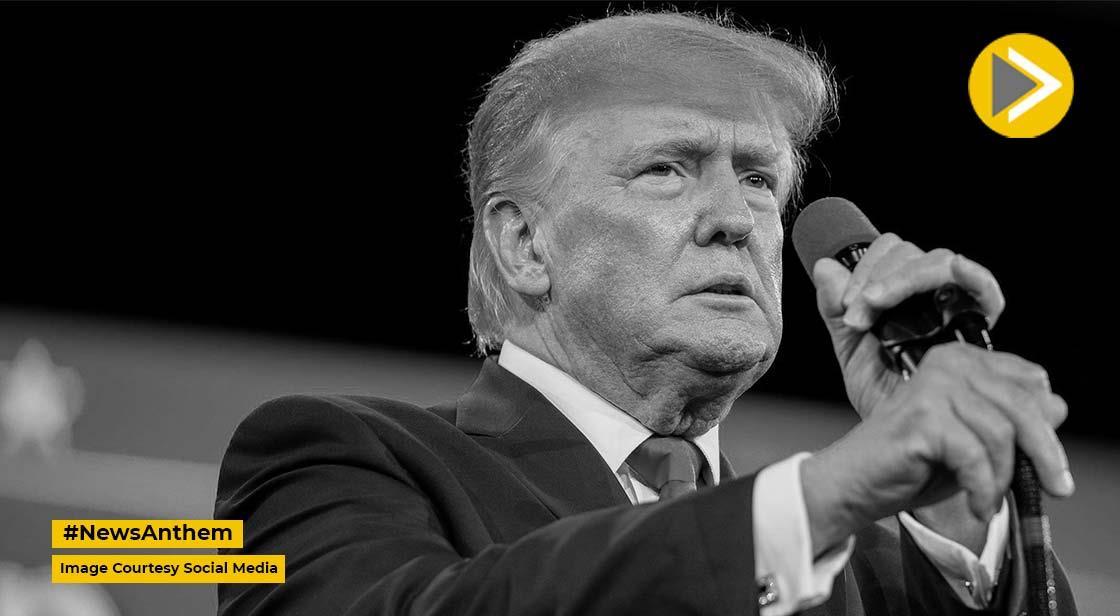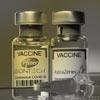Trump Moves to Cut Drug Manufacturing Regulations, Eyes Pharma Tariffs

News Synopsis
U.S. President Donald Trump has taken fresh steps to strengthen the country’s pharmaceutical manufacturing capabilities and reduce reliance on foreign imports, citing national security concerns. These actions include signing an executive order aimed at streamlining the approval process for domestic drug manufacturing facilities and launching investigations that may lead to tariffs on pharmaceuticals and semiconductors.
New Executive Order Targets Faster Drug Plant Approvals
On May 5, President Trump signed a new executive order designed to accelerate the approval process for pharmaceutical production plants within the United States. The administration aims to reduce regulatory barriers that have traditionally slowed down domestic drug manufacturing, a move intended to boost local production and enhance supply chain resilience.
Speaking from the Oval Office, Trump emphasized the need for self-reliance in critical sectors such as medicine and microchips. "We want medicines made in America, not in foreign countries," he said, stressing the urgency of reducing dependency on imports.
Probes Launched into Pharmaceutical and Semiconductor Imports
In April, the Trump administration initiated formal investigations into the import of pharmaceuticals and semiconductors. These inquiries are part of a broader strategy to consider imposing tariffs on both industries. Officials argue that the U.S.'s heavy dependence on foreign sources—particularly China and India—for essential medicines and high-tech components poses a significant threat to national security.
The probes are being conducted under the Trade Expansion Act of 1962, which allows the president to restrict imports if they are deemed harmful to the country’s security interests. This is the same legal mechanism Trump previously used to justify tariffs on steel and aluminum.
Tariffs and Drug Price Reforms Expected Soon
During the signing event, President Trump hinted at further policy moves in the coming weeks. He indicated that announcements concerning drug pricing reforms and potential tariffs on pharmaceutical imports are imminent. The administration’s goal is to lower prescription drug costs while simultaneously promoting U.S.-based production.
“We will have a lot to say very soon about lowering drug prices, and we're also looking at tariffs on imported medicines,” Trump stated.
These upcoming measures are expected to be part of a broader healthcare policy package that aligns with the administration's "America First" economic agenda.
Ban on Federal Funding for Gain-of-Function Research
In addition to the executive order on pharmaceutical manufacturing, Trump signed another directive that bans the use of federal funding for gain-of-function research. This type of research involves manipulating viruses or pathogens to increase their transmissibility or virulence, often in the name of preparing for pandemics.
The decision to halt federal support for such studies stems from ongoing concerns about biosecurity and the origins of infectious diseases. The administration has argued that the potential risks outweigh the scientific benefits, particularly in the wake of the COVID-19 pandemic.
National Security and Economic Independence at the Core
These latest moves reflect the Trump administration's focus on economic nationalism and supply chain independence, particularly in industries deemed vital to national defense and public health. By encouraging domestic production and potentially imposing tariffs, the administration seeks to reduce vulnerabilities exposed during global disruptions like the coronavirus outbreak.
The emphasis on bringing pharmaceutical manufacturing back to the U.S. aligns with previous policy shifts targeting the tech, steel, and auto industries.
Conclusion
President Trump’s recent executive orders mark a strategic pivot toward reinforcing the U.S. pharmaceutical sector through deregulation and protective trade policies. With investigations underway and new announcements expected soon, the administration is signaling a strong commitment to reshoring critical supply chains and strengthening national security.
You May Like









